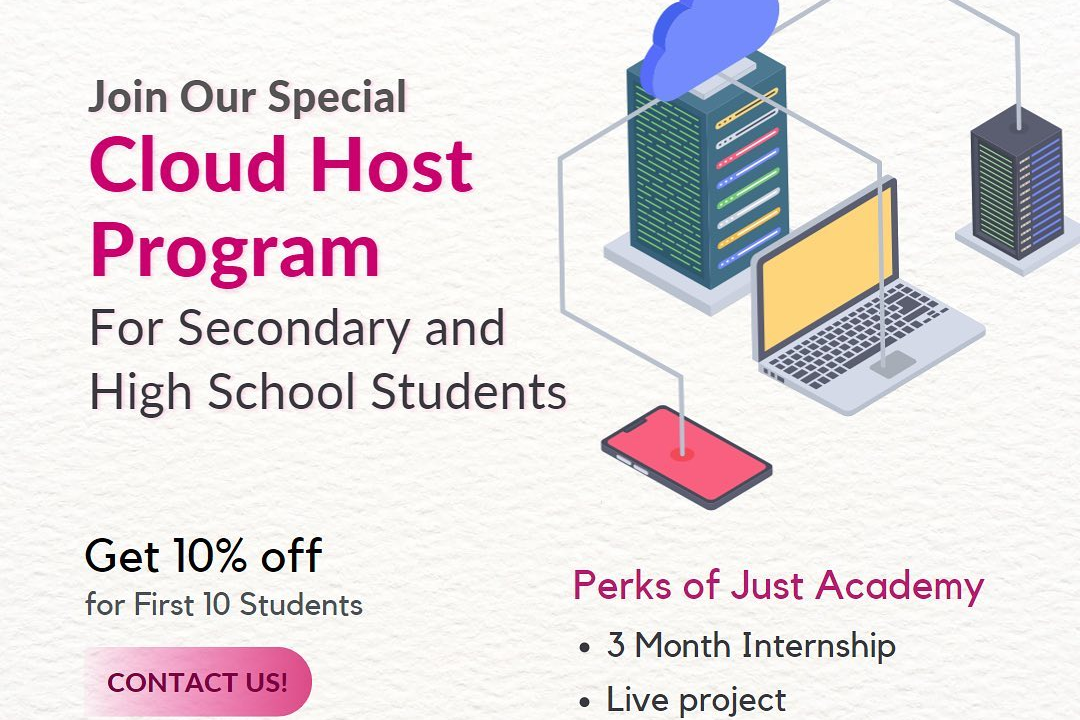DevOps vs Cloud Computing
Understanding the Difference: DevOps vs. Cloud Computing
DevOps vs Cloud Computing
DevOps is a software development methodology that focuses on collaboration between development and operations teams to automate and speed up the software delivery process, while cloud computing is a technology infrastructure model in which services are delivered over the internet on a pay-as-you-go basis, enabling users to access computing resources without requiring on-premises infrastructure. While DevOps involves practices and cultural shifts to improve software delivery, cloud computing provides the underlying infrastructure and resources for DevOps processes to run efficiently. They can be complementary as DevOps can leverage cloud computing services for scalability and flexibility in software development and deployment processes.
To Download Our Brochure: https://www.justacademy.co/download-brochure-for-free
Message us for more information: +91 9987184296
1 - DevOps:
DevOps is a methodology or approach that emphasizes communication, collaboration, integration, and automation between software developers and IT operations teams. It aims to enable organizations to deliver high quality software products and services quickly, efficiently, and reliably.
2) Cloud Computing:
Cloud computing refers to the delivery of computing services, including storage, servers, networking, databases, software, and analytics, over the internet (the cloud). Cloud computing provides on demand access to these resources, allowing organizations to scale up or down as needed without investing in physical infrastructure.
3) DevOps Training Program:
By offering a training program that covers both DevOps and cloud computing, students can gain a comprehensive understanding of modern software development practices and infrastructure management. This program can equip students with the necessary skills to work effectively in cross functional teams, automate deployment processes, and leverage cloud services for scalability and flexibility.
4) Curriculum Design:
The training program should cover key concepts in DevOps, such as continuous integration, continuous delivery, infrastructure as code, monitoring, and collaboration tools. Additionally, it should delve into cloud computing technologies, including public, private, and hybrid clouds, as well as popular cloud platforms like AWS, Azure, and Google Cloud.
5) Hands On Practice:
To enhance learning outcomes, the training program should include hands on exercises and projects where students can apply DevOps principles and cloud computing techniques in real world scenarios. By working on practical assignments, students can develop problem solving skills and build a portfolio of projects to showcase their expertise to potential employers.
6) Industry Relevant Skills:
The training program should focus on teaching practical skills that are in demand in today's job market. This includes proficiency in tools like Git, Jenkins, Docker, Kubernetes, Terraform, and Ansible for automation, as well as knowledge of cloud services such as virtual machines, containers, serverless computing, and data storage.
7) Certification Opportunities:
To validate their knowledge and skills, students can be offered the opportunity to earn relevant certifications in DevOps and cloud computing. Certifications from reputable providers like AWS, Microsoft, and Google can enhance students' credibility and marketability in the industry.
8) Guest Lectures and Workshops:
Bringing in industry experts and practitioners for guest lectures and workshops can provide students with valuable insights into real world applications of DevOps and cloud computing. Guest speakers can share their experiences, best practices, and career advice to inspire and mentor students.
9) Career Guidance:
In addition to technical training, the program can offer career guidance and support to help students transition into roles in DevOps and cloud computing. This may include resume building, interview preparation, networking opportunities, and job placement assistance.
10) Continuous Learning:
Encouraging students to pursue continuous learning and professional development is essential in the fast paced fields of DevOps and cloud computing. The program can introduce students to online resources, community events, and further training options to help them stay current with industry trends and advancements.
11) Soft Skills Development:
While technical skills are crucial, soft skills such as communication, teamwork, problem solving, and adaptability are equally important for success in DevOps and cloud computing roles. The training program can incorporate activities and workshops to help students enhance their soft skills and interpersonal abilities.
12) Project Based Learning:
Emphasizing project based learning in the training program can provide students with hands on experience working on real world projects. By collaborating on team projects, students can practice applying DevOps principles and cloud computing tools in a simulated work environment, preparing them for future roles in the industry.
13) Industry Partnerships:
Establishing partnerships with industry organizations, startups, and tech companies can offer students valuable networking opportunities, internships, and job placement prospects. Industry collaborations can also provide insights into current industry practices and emerging trends that can inform the training program's curriculum.
14) Feedback and Evaluation:
Regular feedback and evaluation sessions can help assess students' progress, identify areas for improvement, and tailor the training program to meet their evolving needs. Gathering input from students, instructors, and industry partners can ensure that the program remains relevant, effective, and engaging.
15) Capstone Project:
A culminating capstone project can serve as a comprehensive showcase of students' skills and knowledge acquired throughout the training program. This project can demonstrate students' ability to apply DevOps and cloud computing concepts to solve a complex problem or build a scalable software solution, providing them with a valuable portfolio piece for future career opportunities.
Browse our course links : https://www.justacademy.co/all-courses
To Join our FREE DEMO Session: Click Here
Contact Us for more info:
- Message us on Whatsapp: +91 9987184296
- Email id: info@justacademy.co
Java Backend Developer Interview Questions
Complex Sql Queries For Interview












